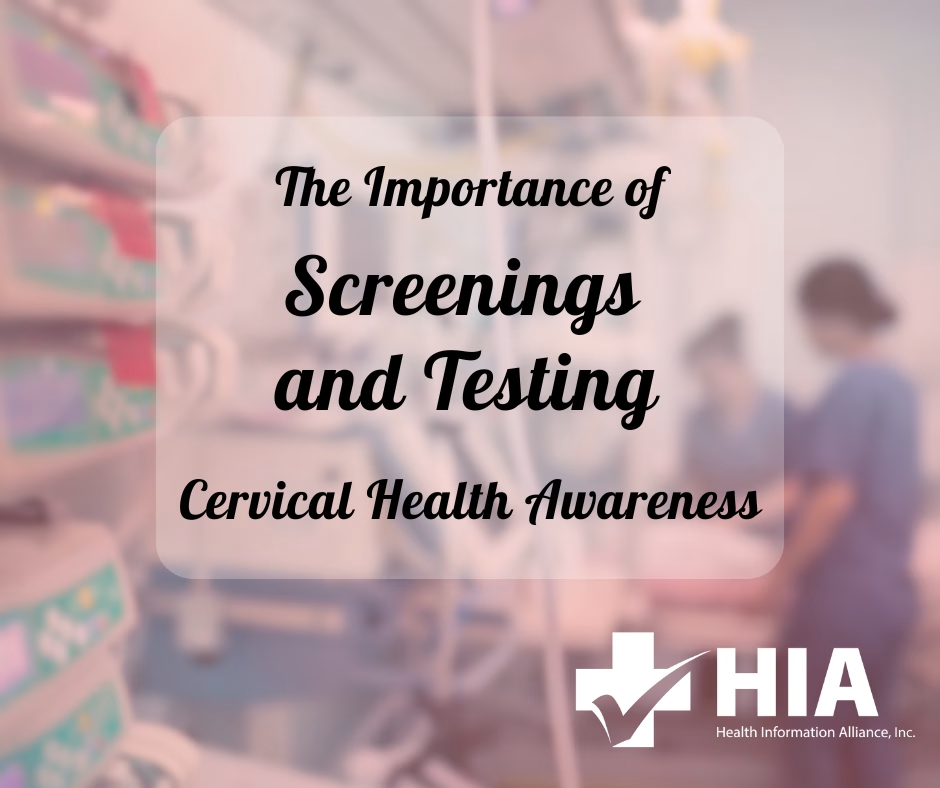Using Health Data to Improve Diabetes Programs in Hospitals
Managing type 2 diabetes is a priority for many hospitals, particularly in patients with obesity, where metabolic surgery frequently plays a transformative role. The Metabolic and Bariatric Surgery Accreditation and Quality Improvement Program (MBSAQIP) helps hospitals deepen their diabetes programs by embedding rigorous quality standards, multidisciplinary care pathways, and outcome tracking. When combined with federal value based payment programs like MACRA/MIPS, and the support of expert consulting firms such as Health Information Alliance, hospitals can build more effective, data-driven, and sustainable diabetes services.
MBSAQIP, a joint accreditation program run by the American College of Surgeons (ACS) and the American Society for Metabolic and Bariatric Surgery (ASMBS), sets national standards for metabolic and bariatric surgery centers. Through accreditation, hospitals commit to multidisciplinary teams — including surgeons, endocrinologists, dietitians, behavioral health providers, and care coordinators — working together across preoperative, perioperative, and long-term follow-up phases.
One of MBSAQIP’s key advantages is its robust registry infrastructure. Accredited centers submit patient-level data, including outcomes for obesity-related comorbidities such as diabetes. This enables benchmarking, trend analysis, and targeted quality-improvement initiatives. For instance, hospitals can track rates of diabetes remission one year after surgery using validated statistical models and risk/benefit calculators.
The program’s “Optimal Resources for Metabolic and Bariatric Surgery” standards (recently updated in 2022) define infrastructure, staffing, and processes required for safe, high-quality care. These standards help ensure consistent protocols for glycemic management, pre- and post-op diabetes education, and long-term metabolic monitoring. Moreover, MBSAQIP’s continuous quality improvement framework encourages centers to identify complications (poor glucose control, readmissions) and implement corrective workflows. By holding surgical centers to rigorous performance standards, MBSAQIP elevates the quality of diabetes care, supports remission, reduces complications, and embeds sustainability into hospital metabolic programs.
The Medicare Access and CHIP Reauthorization Act (MACRA) fundamentally altered Medicare reimbursement by tying payment to quality rather than volume. Its Quality Payment Program offers two tracks; the most common is the Merit-based Incentive Payment System (MIPS), which assesses clinicians via four performance categories: Quality, Cost, Improvement Activities, and Promoting Interoperability.
For diabetes care, MIPS includes specific quality measures. For example, one key measure (MIPS Quality ID 001) tracks the percentage of diabetic patients whose hemoglobin A1c or other glycemic measure is greater than 9%, highlighting poor glycemic control. By meeting or improving on this and other diabetes-related measures, clinicians and practices improve their MIPS scores which in turn influences Medicare payment adjustments. In addition, MIPS rewards improvement activities, such as implementing glycemic screening protocols, referring patients for chronic care management, or leveraging care coordination tools. These activities align directly with stronger diabetes programs. Under MACRA/MIPS, hospitals and providers are financially incentivized to deliver evidence-based diabetes care, reduce complications, and control long term costs.
Health Information Alliance (HIA) offers consulting services that can be extremely valuable to hospitals looking to align their diabetes programs with MBSAQIP and value based payment goals. Specifically, HIA could help a hospital by:
- Optimizing Data Infrastructure: Helping to design or refine how patient data (especially for diabetes and metabolic patients) flows into EHRs, registries, and reporting systems ensuring compliance with MBSAQIP registry requirements.
- Supporting MIPS Performance: Assisting with the selection, collection, and reporting of MIPS quality and improvement measures related to diabetes. They may build dashboards, identify gaps, and drive improvement.
- Quality Improvement Projects: Advising interdisciplinary teams (surgery, endocrinology, nursing, nutrition) on QI cycles to reduce readmission, improve remission rates, or implement better follow-up protocols.
- Regulatory and Accreditation Preparation: Guiding the hospital through MBSAQIP accreditation or reaccreditation, ensuring policies, workflows, and documentation meet “Optimal Resources” standards.
- Sustainability & ROI: Establishing metrics to track the financial impact of strengthened diabetes programs — from reduced complications, improved MIPS scores, and potentially lower long-term costs of care.
By combining MBSAQIP’s clinical rigor, MACRA/MIPS’s financial incentives, and HIA’s health information expertise, hospitals can create a powerful, integrated diabetes strategy. The result is improved patient outcomes (including remission), better risk management, and stronger alignment with national quality and payment frameworks.
Overall, MBSAQIP accreditation elevates the standard of metabolic surgical care and supports long-term diabetes outcomes; MACRA/MIPS aligns financial incentives with high-quality diabetes management; and HIA’s consulting services can provide the operational, data, and strategic supports hospitals need to succeed on both clinical and financial fronts.






